John Michie laughs that it’s a “good day for packing” when The Courier calls on a rainy Friday to talk about his starring role in the world première of Group Portrait in a Summer Landscape at Pitlochry Festival Theatre.
Best known on TV for playing Karl Munro in Coronation Street, Guy Self in Holby City, and DI Robbie Ross in Taggart, the Burma-born 66-year-old, who boarded at Perthshire’s Glenalmond College from the age of 12, is braced for “miserable weather” as he prepares to drive from his home in north London to Scotland.
He’s staying with his sister in Edinburgh before heading up to Pitlochry.
How did he end up at Pitlochry?
There, he’s playing George Rennie in award-winning Scottish playwright Peter Arnott’s “bold, funny and deeply thoughtful” new play about family and the forces that shape Scotland today.
But despite having never stayed in Pitlochry until he took a trip there in early May to talk about the play with Arnott and director David Greig, it didn’t take long for the keen hill walker and geology enthusiast to fall in love with the festival theatre and wider area.
“When I went up to meet David Greig and Peter Arnott to talk about this play, that was my first actual stay in Pitlochry,” he said, adding that it was also a joy to discover the roaring fire on a visit to the cosy Moulin Inn.
“I’ve passed through Pitlochry as you do, heading up to the Highlands and stuff.
“It’s a lovely wee place. The theatre is absolutely stunning.
“But I was really impressed by the space and the feel of the auditorium and everything about it.
“I just thought ‘yes this is going to be a good venue for this Group Portrait’.
“I also love to walk up a hill so I’ll be doing that on my days off!
“Ben Vrackie is definitely on my list!”
What’s Group Portrait about?
Set in a Perthshire country house during the Scottish independence referendum of 2014, Group Portrait in a Summer Landscape revolves around retired academic and political heavyweight George Rennie, and his fractured family and former students, coming together for a dramatic reckoning.
There are secrets to be exposed and truths to be told.
It’s described as an exploration of a way of life which is coming to its end, a family struggling to connect in the wake of political pain, the experience of grief and the beginnings, and endings of great love affairs.
John has only just received the latest draft at the time of this interview.
It’s “changed quite considerably” since he chatted to Peter and David in Pitlochry in May.
But he’s in no doubt it’s going to be an “interesting little piece”.
Why theatre is close to John’s heart
Away from Taggart, Holby City and Coronation Street, John’s most recent TV appearances have been Death in Paradise and London Kills.
Film work includes playing Tony Fitzjohn in To Walk with Lions with Richard Harris.
However, theatre remains close to his heart.
His first job in theatre was as a stagehand at the old Traverse theatre in Edinburgh’s Grassmarket.
Thirty years later, he returned to the Traverse to perform in Grain in the Blood and The Mack, both by Rob Drummond.
His last production at Edinburgh’s Lyceum was as Leontes in The Winters Tale.
It was then that he got to know David Greig, artistic director of the Edinburgh Lyceum, where Group Portrait will transfer in October after its Pitlochry run.
When John’s agent sent him the play and asked if he’d be interested, he said he only needed to read it once to say ‘yes please!’
By contrast, when he most recently played John Rebus in lan Rankin’s A Game called Malice at Hornchurch theatre, he’d read the novels and seen the TV series so “knew roughly what’s going on”.
When it’s a completely new venture like Group Portrait, however, that brings a different kind of excitement.
Rennie: ‘Quite an egotistical man’
“He’s a retired university history and politics lecturer,” said John when asked about the character he plays.
“He’s quite an egotistical man I would say. He’s discovered that he has cancer and he has a maximum three months to live.
“He and his wife have a house in Kinloch Rannoch.
“He’s mostly in Glasgow but they don’t really get on since their son died 20 years ago.
“They are all drawn back to Kinloch Rannoch and he invites all his very close friends and family for a weekend there which turns into something quite interesting.”
Theme of politics
John says “lot of politics are spoken”.
There’s politics of the left, of the right, of independence.
Interspersed with that are a mixture of “odd people” whose relationships either break down or get better.
Summing up, however, John describes it as “like a sort of modern Scottish Chekhov”.
“In many ways nothing dramatic happens,” he said.
“Small things happen. But small things are kind of huge.
“He (Rennie) says: ‘I can no longer live as if I’m never going to die’, and I guess most of us live like we’re never going to die.
“I think that the prospect of death – which is close because he’s got pancreatic cancer and it’s metastasized into his spine and his esophagus – is interesting because he won’t even be able to speak and that’s what he’s done all his life, brilliantly.
“He’s lectured without notes to students at university.
“The fact that he will no longer be able to speak in a few months and he’ll be close to death kind of pops his ego and he just thinks ‘oh my God, I need to get everyone who’s close to me in my life and let’s get any unfinished business resolved’.
“It’s a kind of hot bed – this house cut away from everywhere in the countryside in Scotland.
“One character describes it as a ‘bourgeois f***ing hell hole! And indeed it is in many ways!
“They are not particularly nice people I would say.
“Particularly not the character I play.
“But you end up kind of sympathising with them in the end.”
Where does the play’s title come from?
Before this interview, there’s a request via Pitlochry Festival Theatre that no questions are asked about John’s real life daughter Louella who tragically died after taking a Class A drug during a Dorset music festival in 2017.
Her boyfriend was later found guilty of manslaughter.
When it comes to the name ‘Group Portrait’, however, John explains it’s his fictional daughter in the play that holds the explanation for the title.
“She sells paintings by Serov, a Russian painter, just before the revolution of 1917, to basically the ‘Moscow Mafia’ in London,” he said.
“She brings this sketch of a group of people which kind of looks like the people who are in the play.
“Serov basically loved the people he painted. They were the St Petersburg bourgeois who are living quite a good life.
“But you can see something in their eyes that they are like butterflies who are about to fly their last flight, and of course the revolution completely destroys that class.
“There’s a feeling in the title of a Serov portrait, that these people are about to disappear – not just in a kind of local, Scottish sense, but also are other people on the planet about to disappear?
“I think there’s almost like a metaphor for the slow death of the planet. That sounds gloomy, but there’s actually a fair amount of humour in it!” he laughed.
What are John’s views on politics?
With politics weaved through the play, it would be remiss not to ask John about his own views.
John, who publicly backed the Labour party in 2008, was one of 200 public figures who were signatories to a letter to The Guardian opposing Scottish independence in the run-up to the 2014 referendum.
Today, he is trying to leave his personal opinions out of politics.
He wants all of his thinking to be “the thinking of George Rennie in this play”.
He wants people to see the play with an “open mind”.
For context, however, he added: “Some of the political stuff I said I said prior to the awful Brexit referendum.
“I think that has been a huge stab in the back of the British polity if you like, and that has made a huge change.
“Despite the failings of the SNP, there’s still a very strong will for independence.
“I think in many ways what the play is saying is if it does happen, it’s better to happen slowly a bit like a glacier coming down and cutting the shape of the glen slowly”.
Who else is in the play?
Other cast members include Sally Reid (PC Sarah Fletcher in Scot Squad, BBC Scotland and Shirley Valentine, Pitlochry Festival Theatre) as Emma; Nalini Chetty (Cyrano, Citizens Theatre/NTS, Zinnie Hassoun in River City, BBC and ITV Drama Six-Four) as Jitka and Benny Young (Monarch of the Glen, Pitlochry Festival Theatre, Don Quixote – Man of Clackmannanshire, Dundee Rep and Perth Theatre, as well as appearing in the Oscar winning films Chariots of Fire and Out of Africa (opposite Robert Redford and Meryl Streep) as Moon.
Also featured are Deirdre Davis (Eileen Donachie in River City, BBC Scotland and Monarch of The Glen, Pitlochry Festival Theatre) as Edie; Matthew Trevannion (War Horse, National Theatre, The Curious Incident of the Dog in the Night, West End and Othello, Frantic Assembly) as Charlie; Keith Macpherson (Waiting for Godot, Citizens Theatre and Stan and Ollie, BBC Films) as Frank; Patricia Panther (Orphans and Glasgow Girls, National Theatre of Scotland) as Kath and Robbie Scott (Gypsy, Pitlochry Festival Theatre) as Will.
The production is designed by Jessica Worrall, with lighting by Simon Wilkinson and sound by Pippa Murphy.
How and when to get tickets
Group Portrait in a Summer Landscape runs at Pitlochry Festival Theatre from August 25 to September 28.
Tickets are now on sale and are available from the Pitlochry Festival Theatre Box Office on 01796 484626 or online at www.pitlochryfestivaltheatre.com
The production will then transfer to the Royal Lyceum Theatre Edinburgh from October 4 to 14.
Tickets are available from The Lyceum box office on 0131 248 4848 or online at lyceum.org.uk
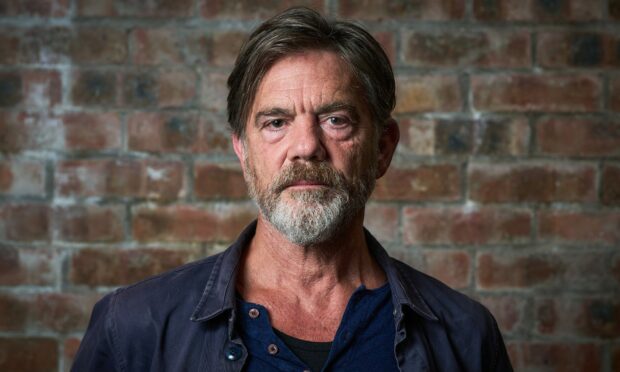
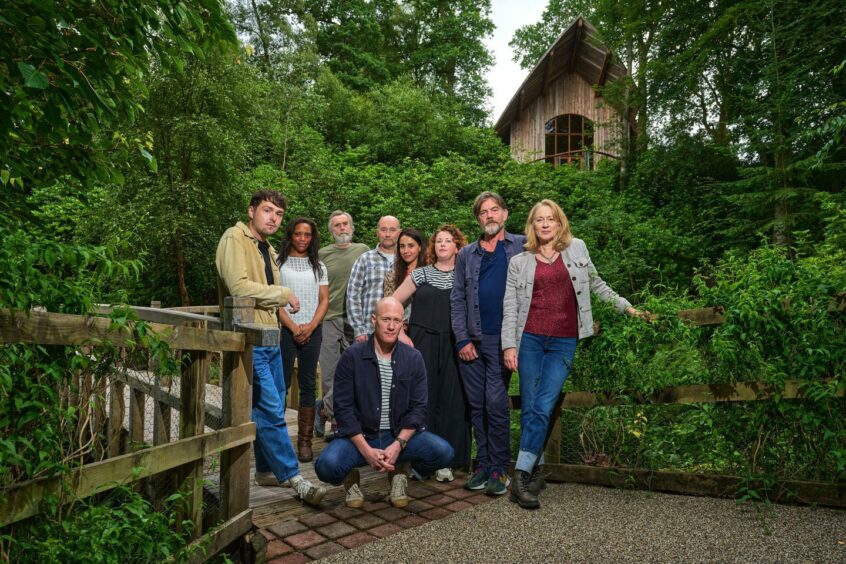

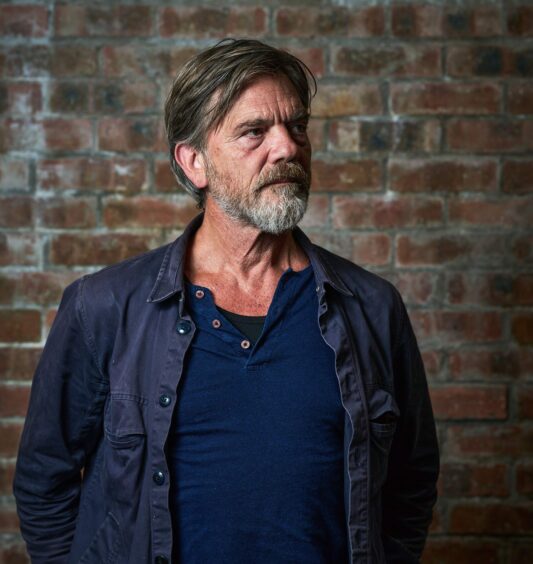
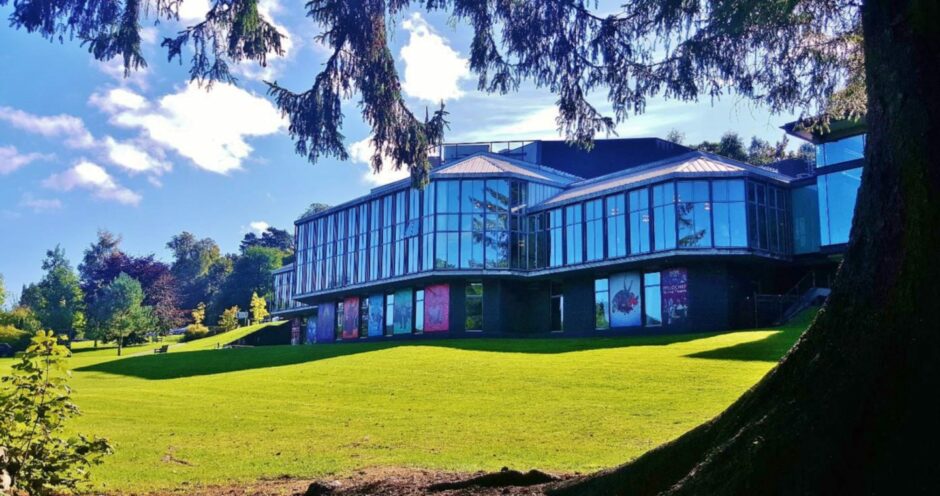
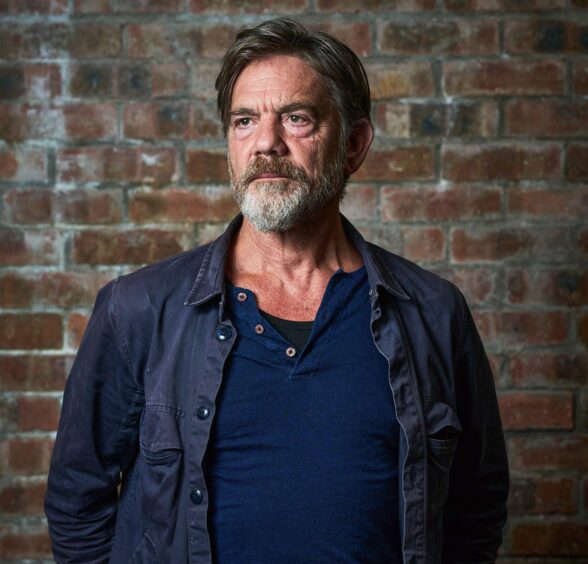

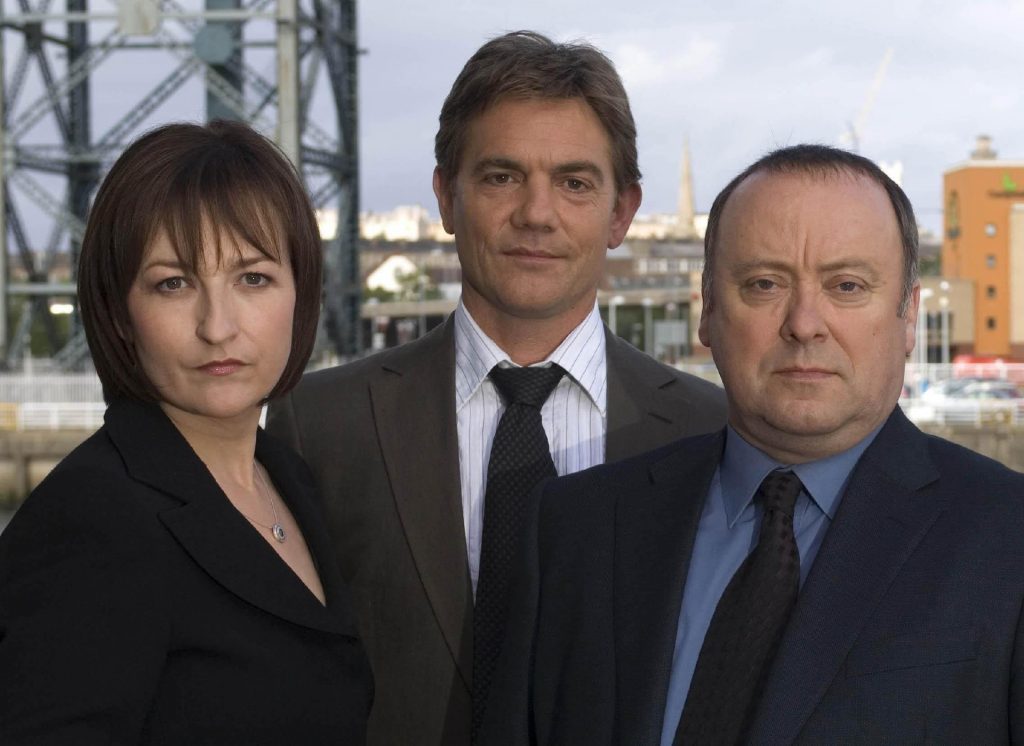
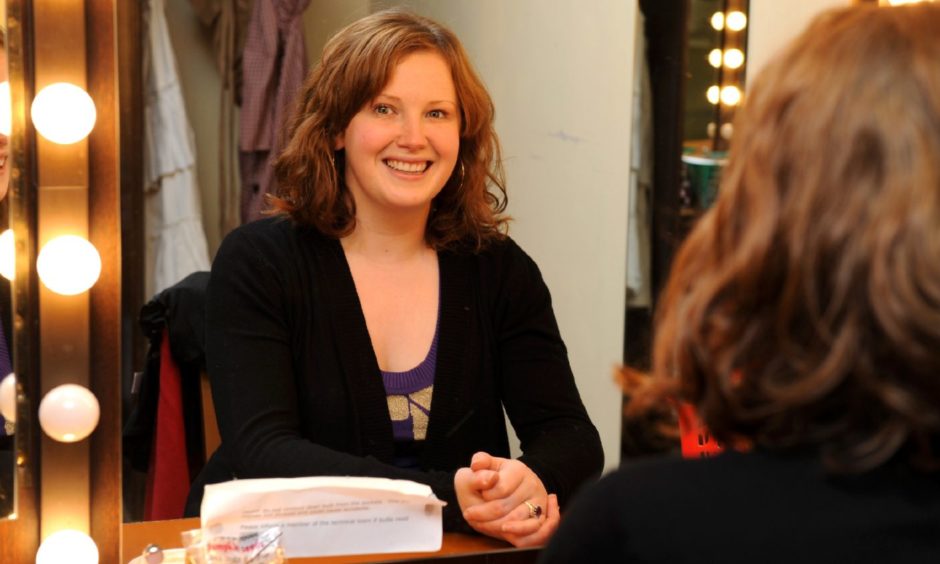
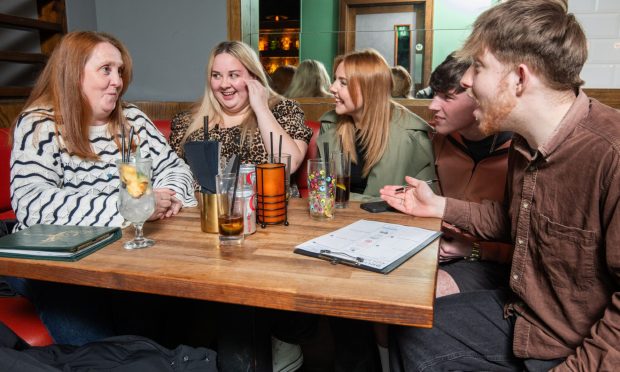
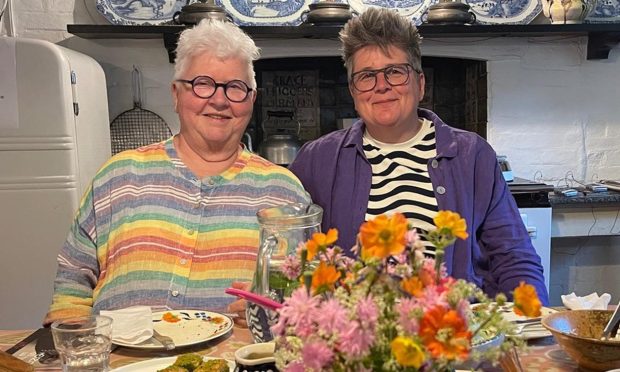
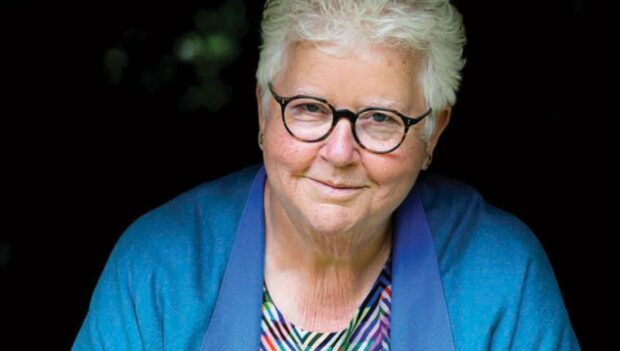
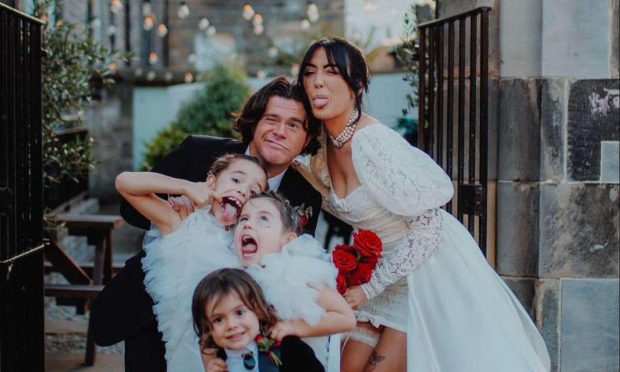
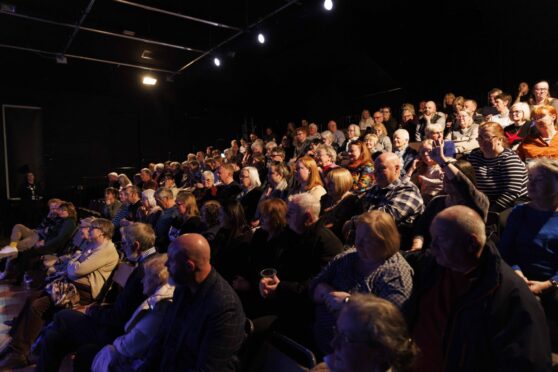

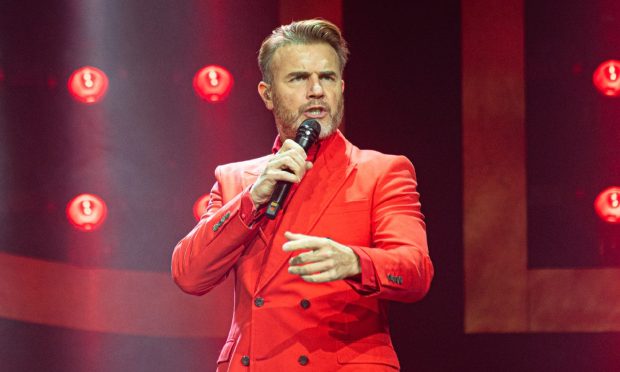
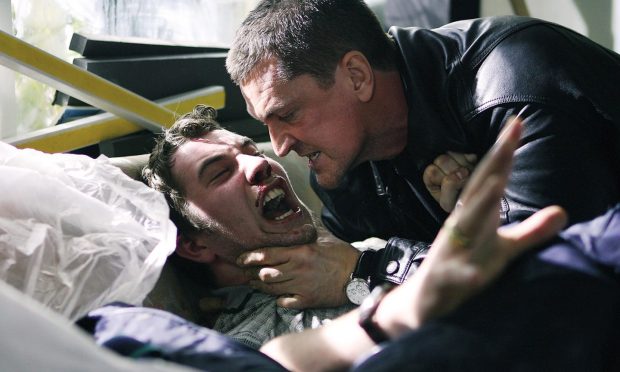
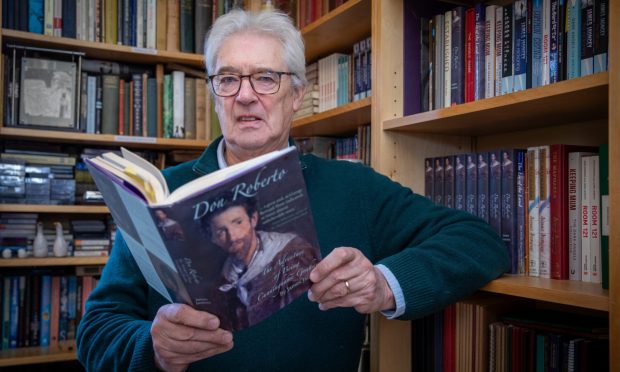
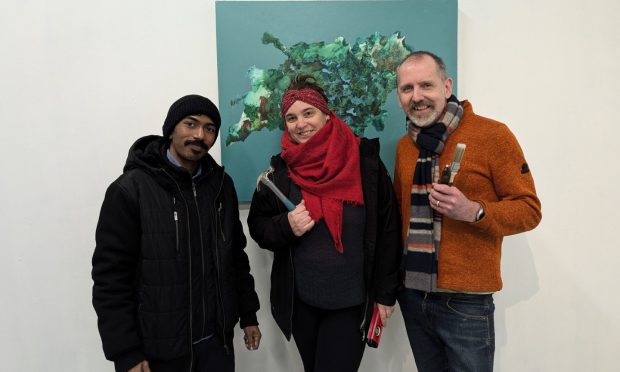
Conversation